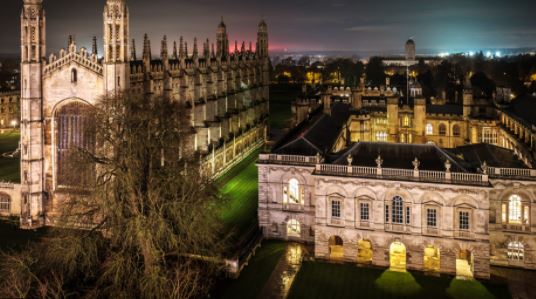
In times of uncertainty, looking into the past can help us shape the future. Today, as leaders, doctors and policymakers work to mitigate the effects of the Covid-19 pandemic, the world is facing what seems like an uncertain future.
However, we not only have the tools to survive this, we also have a rich history, one which revolves around the quest for education, to guide us. That history is centred on the world’s longest continuously operating university. It teaches us how we can find validation by gathering together to create a common vision.